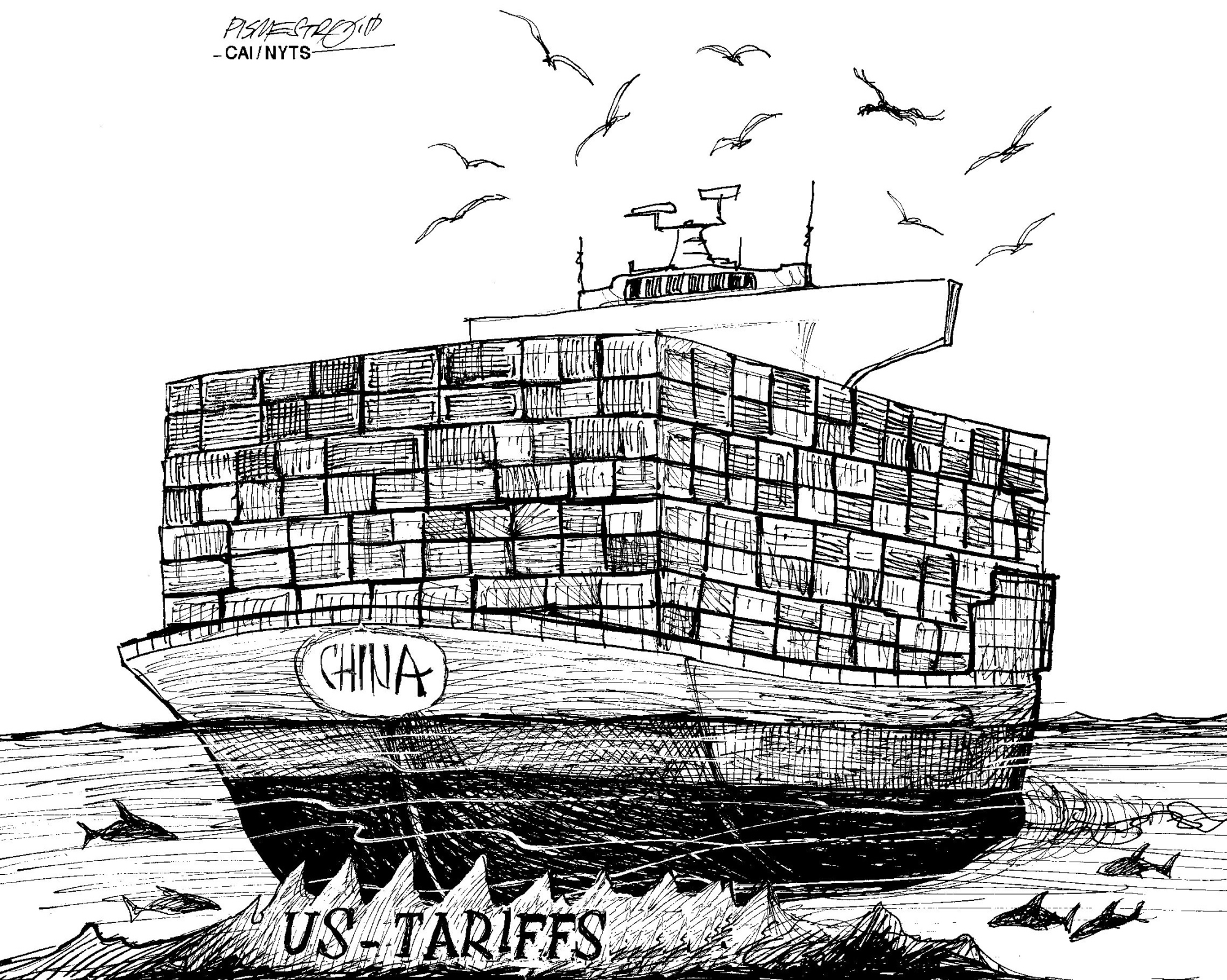Every year since 2000, when then-presidential candidate George W. Bush called China a strategic "competitor" of the United States, I have welcomed the arrival of Christmas with a sigh of relief that a Sino-American trade war was averted for another 12 months.
But by January, my holiday cheer is usually replaced with dread because the tensions fueling Bush's rhetoric — and the reasons he dismissed President Bill Clinton's preferred label of "partner" — have never adequately been addressed. And, as we are seeing now, the risks to the global economy have only grown more ominous in the years since.
The escalating U.S.-China trade war is a response to three concerns that American leaders have long articulated: job losses, competition over technology and a perceived Chinese threat to U.S. national security.



